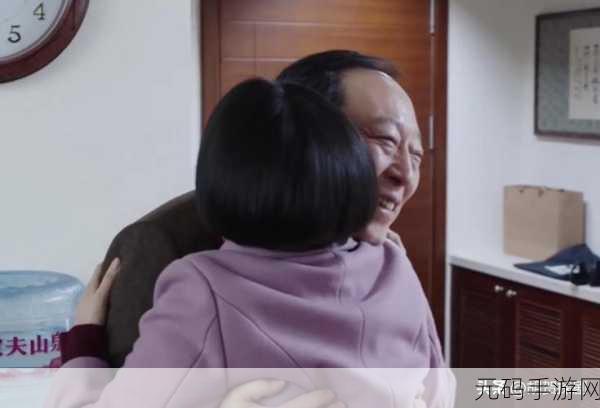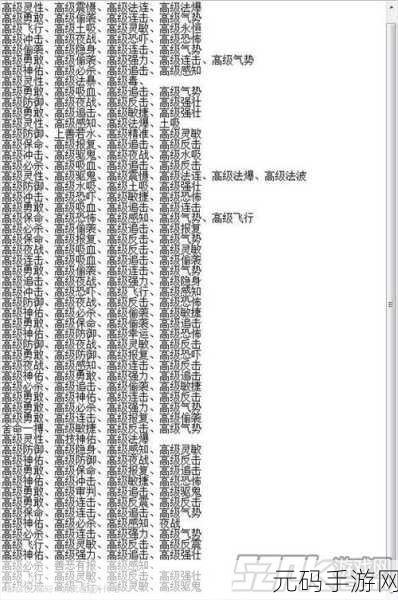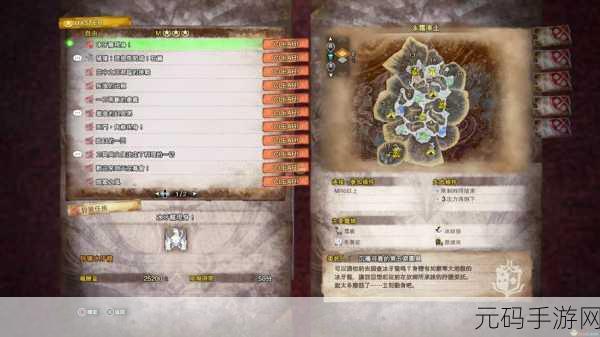最美的儿媳妇苏大强是谁:1. 苏大强:最美儿媳的背后故事
苏大强的故事背景
《最美的儿媳妇》是一部引人入胜的电视剧,讲述了家庭、亲情与责任之间复杂而细腻的关系。剧中的角色苏大强是一个典型的人物,他承载着许多观众对现代家庭伦理和代际关系思考的期待。作为一名年长者,苏大强在面对生活琐事时展现出的脆弱与坚韧,使他成为了不少年轻观众心目中的“反派”却又有些可怜的人物。
人物性格分析
尽管外表上看起来平凡无奇,但苏大强内心深处隐藏着丰富而复杂的情感。他渴望被家人理解,同时又常常因为自身固执和自私造成家庭矛盾。这种矛盾让他的角色更加立体,也使得整个剧情充满张力。在某种程度上,观看这个角色的发展不仅能引发共鸣,还能激起观众对自己家人的重新审视。

父子关系的重要性
Sue's relationship with his son is a key focus of the narrative. The generational gap between them often leads to误解 and conflict, reflecting real-life familial interactions that many can relate to. As the plot unfolds, viewers witness how love and resentment coexist within family bonds. This duality prompts audiences to consider their own relationships with parents or children, encouraging introspection about communication and empathy.
女性形象:辛苦但不失韧性的儿媳妇
Sooner or later, Su Daqiang’s character would not have been so吸引人 if it weren't for his daughter-in-law. She embodies strength through adversity while navigating her responsibilities as a wife and daughter-in-law in a traditional setting. Her unwavering support for her husband amidst challenges highlights themes of loyalty and sacrifice prevalent throughout the show.
This portrayal opens discussions on women's roles in contemporary society—balancing work life while managing household duties—is something many modern women grapple with daily.

社会问题映射:养老及照顾老人的现实挑战
The series indirectly addresses pressing societal issues such as elder care—a topic increasingly relevant today due to aging populations across various countries. Through Su Daqiang’s experiences, viewers are encouraged to reflect on their attitudes toward elderly relatives who may require attention but resist change out of fear or pride.
The struggles depicted resonate deeply; they remind us that caring for our elders requires patience yet also calls into question how well we know their true needs beyond mere physical support.
结尾的话题分享:
- #世代差异如何影响亲子沟通?
- #现代女性承担怎样繁重负担?
- #探讨传统孝道与当今价值观冲突之辩论









